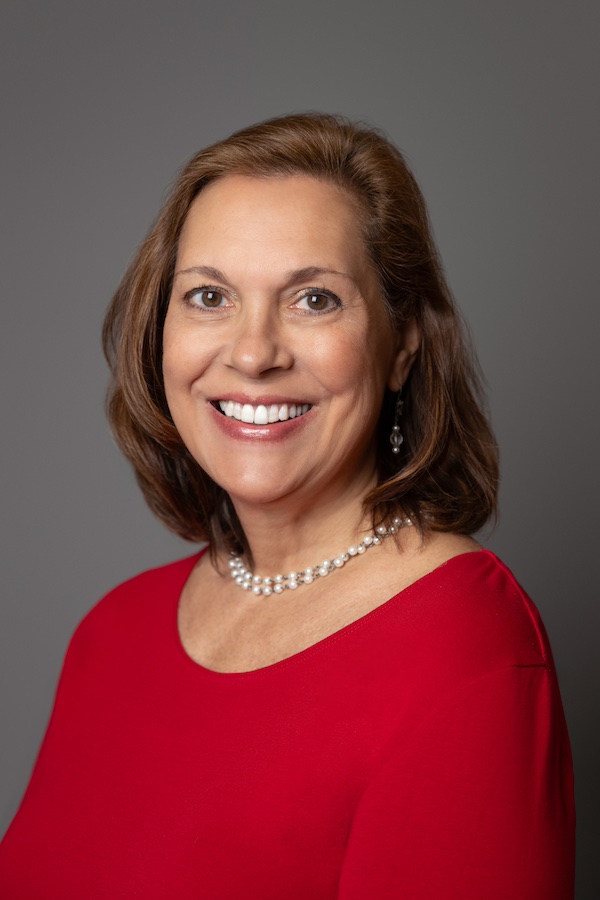This is Part 4 of a series on uncertainty advice and best practices in the global meeting and event industry.
How does your approach to business change, if at all, when the event landscape is impacted by great uncertainty? Is there anything you do differently?

Sandy Stevens, CMP
Events Manager, American Academy of Religion
MPI Georgia Chapter
“From
a meeting planner’s perspective, you have to know your audience. We’ve
just gone through budgeting for FY 2025/2026 and I was really challenged
with how to proceed with both expenses and revenue without a crystal
ball. Knowing that our international members could potentially be
impacted by traveling to the U.S. for our Annual Meeting, it was best to
decrease the number of registrations. Who knows if this is the right
decision, and who knows when and if things will resume some sort of
‘normalcy.’”

Edward Moreno
Senior Manager, Events, Federation of State Humanities Councils
“Events definitely get put into a holding pattern while we wait to see how things shake out. My organization has put a pause on contracting for new in-person events that aren’t already on a calendar; as for events we have signed contracts, we prepare to either cancel the contracts or continue planning aspects of the event that we can. That way, once a decision has been made, we can react immediately and quickly.”
Can you share any recommendations (personal or professional) that may help other event pros struggling economically or mentally during times of business uncertainty?
Moreno: “Tap into and stay connected with your events community. Attend your local industry events, connect with your peers at your local chapters. Being able to talk about the uncertainty you have and commiserate with other event professionals is incredibly helpful, especially if you are the only events person in your organization. It helps to know that you are not alone, and if things go bad, you have a network that you can turn to.”
Stevens: “Plan (and budget) for the worse, hope for the best. We’re all in this together—remember the pandemic?”

